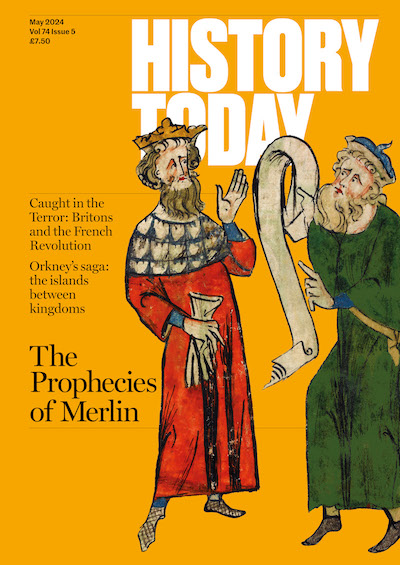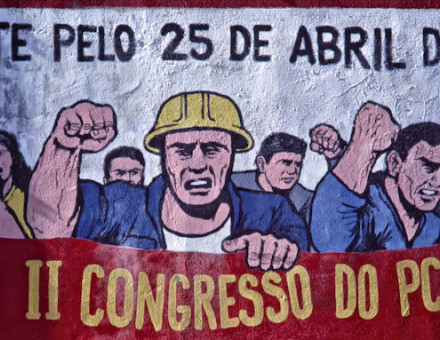The Tangled Web of Art's War Victims
Frank Nowikowski investigates missing paintings mysteriously found after the Second World War.
This spring the German foreign minister, Klaus Kinkel will be leading a German delegation meeting Russian counterparts in a Joint Commission at the Political Level in Moscow. Among matters to be discussed will be Russia's return of looted artworks. Russian president Boris Yeltsin recently signed a decree ordering the return of the Gotha Library removed from Germany in 1945.
Until very recently, Russian authorities denied possession of important artworks looted from Germany at the end of the Second World War. That was before journalists published Russian archival material, together with inventory lists composed in Moscow in 1945, which showed that the Schliemann gold, popularly and mistakenly known as the Trojan Treasure, is in Moscow's Pushkin Museum. Russian officials then came clean.
In August 1993 Russian Culture Minister, Evgenii Sidrov, and Pushkin Museum director Irina Antonova admitted that they had the loot, despite their specific denials of only nine months earlier.





